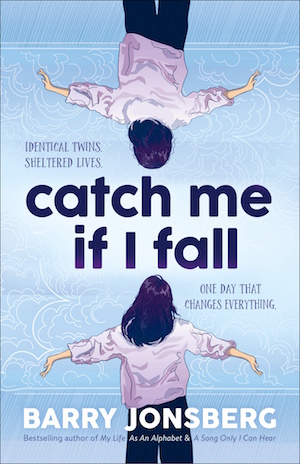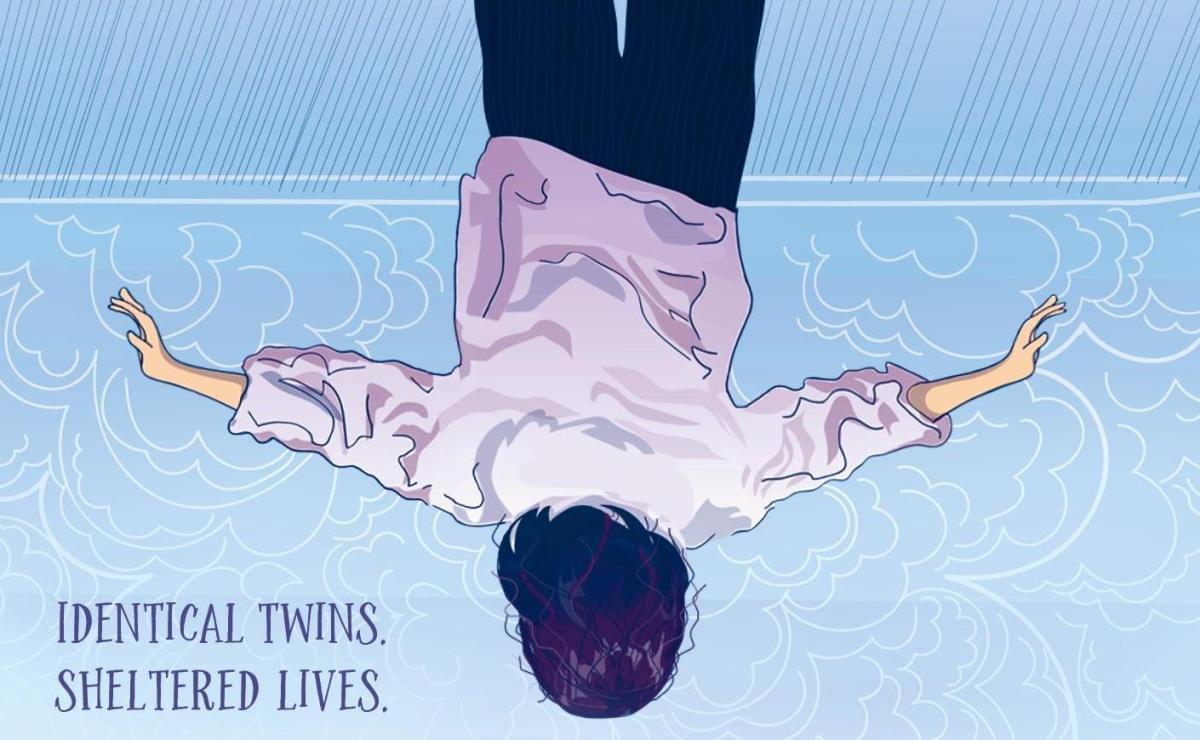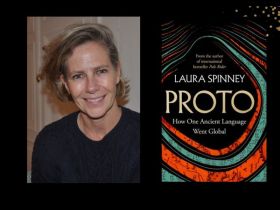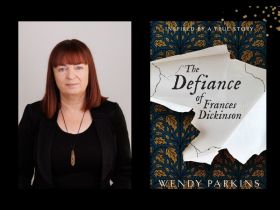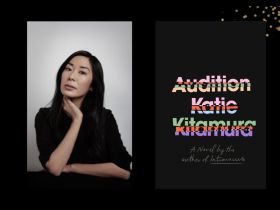Barry Jonsberg’s Catch Me if I Fall follows a set of thirteen-year-old twins, Ashleigh and Aiden, whose privileged upbringings insidiously impact their attitudes, actions, and everyday lives. The setting incorporates a confronting interpretation of Australia’s climate-changed future, where unforseen events force Ashleigh to examine the familial devotion she once took for granted. Loyalties are tested and mysteries abound as Ashleigh attempts to understand herself, her brother, and the world in which they must try to survive.
‘A confronting interpretation of Australia’s climate-changed future.’
Ashleigh’s first person perspective is an interesting narrative choice for this novel; partially because certain futuristic elements of the story world are intentionally buried beneath her mundane sense of normalcy, but mostly because Ash is an exceptionally self-absorbed person.
Ashleigh’s entitlement is both thematically relevant and logically necessary, particularly when compared with the brotherly concern displayed by her ever-doting brother, Aiden. Jonsberg wastes no time in emphasising the duo’s intrinsic differences, with Aiden being the responsible head to Ashleigh’s impulsive tail. Traditionally, female protagonists who haven’t been genetically engineered by the author to be artificially likeable are a literary rarity, but Ashleigh subverts this sexist trend with refreshing un-relate-ability. The lens through which she perceives her world is as crucial as the plot itself. Additionally, the reader’s ability to get to know Aiden through Ashleigh’s eyes brings additional emotional depth to the story.
Read: Book Review: Red Herrings for Breakfast by Annabet Ousback
Younger readers may feel disoriented as the (presumably) contemporary setting transforms into an un-dated futurescape, complete with widespread destruction, gated communities, robotic puppies and pint-sized pickpockets. A foreboding sense of mis-matched pieces permeates the beginning of the book; this subtle anxiety will keep readers turning pages until every stray puzzle piece has fallen into place.
Climate change plays a pivotal role as the unconventional villain in Jonsberg’s Australian dystopia, alongside the ever-present evil of structural inequality. Classism (and its cultural co-morbidities) provide both cause and effect for the social issues represented by various minor characters. Unjustified entitlement is contrasted, albeit very briefly, against its antithesis, but there are no clear winners in the morally ambiguous spectrum of future humanity. The invisible gap between Ashleigh and Aiden reeks of imbalanced power dynamics and unequal respect for autonomy. Whether Jonsberg’s philosophical vision is interpreted as being depressing, hopeful, or inconsequential, clearly depends on the reader’s perspective.
Upper primary and lower high school teachers will appreciate the cross-curricula lesson planning potential. Socially-conscious tweens who don’t resonate with Ashleigh’s character will almost certainly be enthralled by the science fiction elements, dystopian vibe, and brain-bending ending this book has to offer. Unsuspecting readers who fail to follow Jonsberg’s foreshadowing will find themselves in relative shock.
4 stars out of 5: ★★★★
CATCH ME IF I FALL by BARRY JONSBERG
Publisher: Allen & Unwin
ISBN: 9781760877613
Format: Paperback
Categories: Middle Grade, Young Adult, Dystopian, Australian
Pages: 272
Release Date: November 2020
RRP: $16.99
